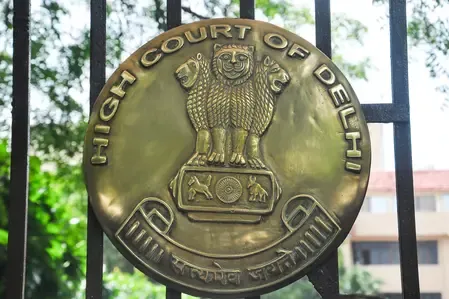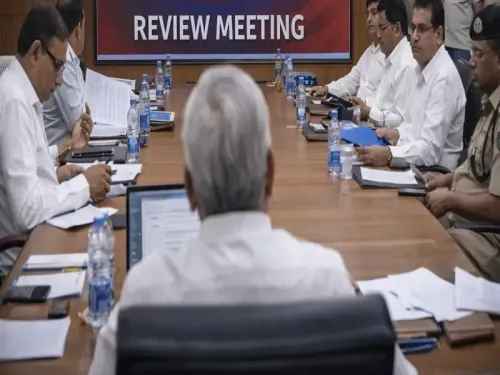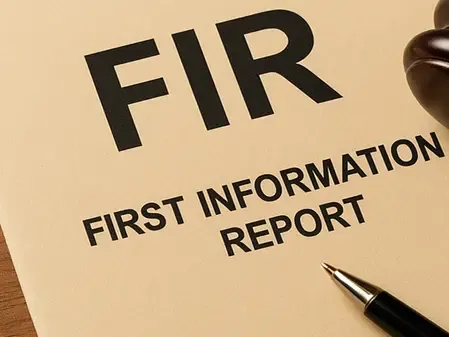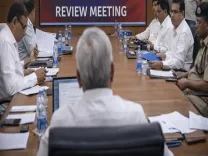Should Law Students Be Barred From Exams Due to Attendance Shortages?

Synopsis
Key Takeaways
- No student can be barred from exams due to attendance.
- Academic penalties should not harm mental health.
- Colleges must adopt remedial measures for attendance issues.
- Promotion to the next semester cannot be delayed for attendance shortages.
- Reforms align with the National Education Policy (NEP), 2020.
New Delhi, Nov 3 (NationPress) The Delhi High Court has declared that no law student can be prevented from taking semester examinations or advancing to the next semester due to insufficient attendance. This ruling was made by a bench comprising Justices Prathiba M. Singh and Amit Sharma in response to a suo moto case following the tragic suicide of a young law student.
The court emphasized that academic penalties for attendance shortfalls must not jeopardize a student’s mental health or right to life. Recognizing the negative effects of strict attendance policies, the court provided detailed interim directions while the Bar Council of India (BCI) consults on reforming attendance standards across all law colleges and universities in India.
According to the Justice Singh-led Bench, no student enrolled in any recognized law college or institution in India shall be barred from taking exams or hindered in their academic journey due to lack of attendance. The court clarified that while attendance monitoring may continue, it should not impede a student’s academic progress.
Colleges and universities have been instructed to implement remedial measures including offering extra classes, home assignments, or opportunities for practical legal experience to compensate for attendance deficits.
The High Court made it clear that students cannot be debarred from examinations, and if any student is still below the attendance threshold at semester's end, the only allowable consequence would be a modest academic penalty — a reduction of up to 5% in marks or 0.33 in CGPA.
Furthermore, the court stated that promotion to the next semester must not be withheld solely due to attendance issues.
These directions are part of a broader reform initiative aimed at aligning legal education with the goals of the National Education Policy (NEP), 2020, which prioritizes flexibility, holistic learning, and mental health over rigid attendance rules.
The bench noted that the stringent requirement for physical attendance, as stipulated in Rule 12 of the Legal Education Rules, 2008, contradicts the essence of the NEP, 2020, along with the 2003 UGC Regulations.
The BCI has been tasked with reassessing and refining its attendance policies for both the 3-year and 5-year LL.B. programs in collaboration with all stakeholders, including students, parents, and educators, while also recognizing credit for co-curricular activities such as moot courts, debates, and legal aid work.
Until these reforms are enacted, the Delhi High Court’s directives will apply nationally, ensuring that no law student is denied the opportunity to take exams or progress academically due to insufficient attendance.










